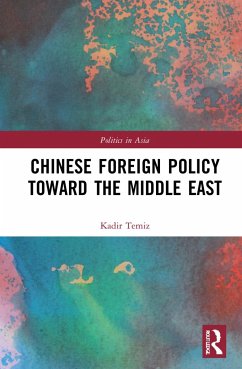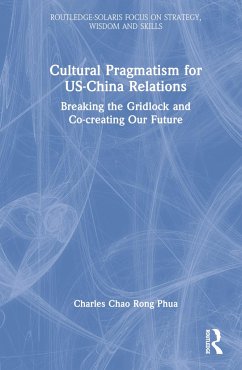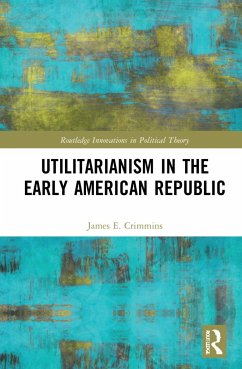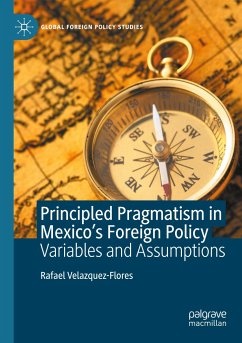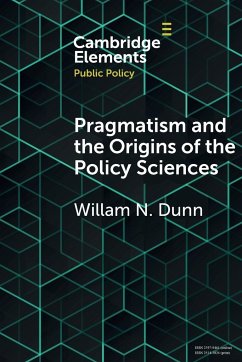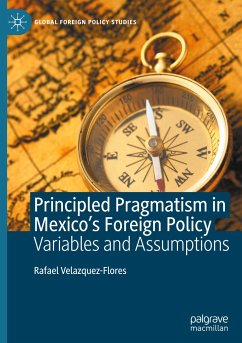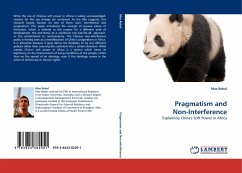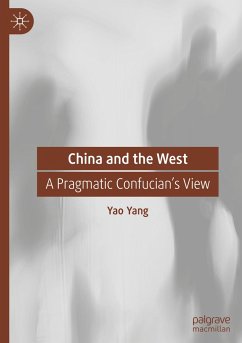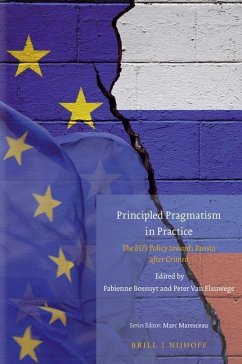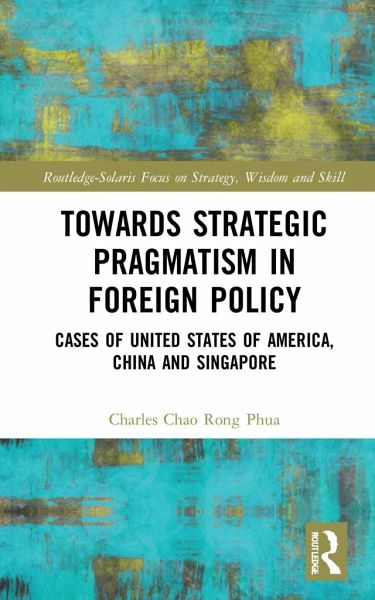
Towards Strategic Pragmatism in Foreign Policy
Cases of United States of America, China and Singapore
Versandkostenfrei!
Versandfertig in 1-2 Wochen
64,99 €
inkl. MwSt.
Weitere Ausgaben:

PAYBACK Punkte
32 °P sammeln!
What is pragmatism? Is it a means to an end, or an end in itself? Is it antithetical to ideology or morality? Arguing that pragmatism is a skill much more than an attribute, Phua examines how viewing it in this way can help achieve better foreign policy outcomes. He examines and contrasts the ways in which the United States, China and Singapore have incorporated pragmatism into their approaches to foreign policy. In doing so he debunks dualistic myths around pragmatism and ideology and promotes the view of pragmatism as a skill that can be developed. An essential primer for students, analysts ...
What is pragmatism? Is it a means to an end, or an end in itself? Is it antithetical to ideology or morality? Arguing that pragmatism is a skill much more than an attribute, Phua examines how viewing it in this way can help achieve better foreign policy outcomes. He examines and contrasts the ways in which the United States, China and Singapore have incorporated pragmatism into their approaches to foreign policy. In doing so he debunks dualistic myths around pragmatism and ideology and promotes the view of pragmatism as a skill that can be developed. An essential primer for students, analysts and policymakers, with a fresh and practical approach to pragmatism.




